With a lukewarm sense of optimism, John Swinney managed to leave the SNP’s 90th conference apparently unscathed.
Those close to the first minister said his aim for the gathering was to bring his party together after a bruising general election.
If the goal was simply to survive the three-day agenda with no major misstep, then in that Mr Swinney was successful.
But the weekend culminated in a 45-minute address from the first minister which left many scratching their heads.
It was not the rallying cry to the SNP membership to signal the beginning of a fightback against a resurgent Scottish Labour that many assumed we might hear.
Swinney harks back to how good it once was
Nor was it a speech to those outside the room — the voters who have so clearly stopped listening.
If it had been, then it would have started and finished with an unflinching acceptance of the party’s failure to retain the trust of Scots and deliver on their priorities at Holyrood.
It would have clearly set out how that trust would be regained through a re-imagined sense of purpose.
Humility was instead left to the party’s Westminster leader, Dundonian Stephen Flynn, who despite having never served in the Scottish Government was the only senior figure to express remorse for “failing voters”.
Instead, Mr Swinney – the man who has been there since the SNP took power in 2007 – resorted to a recital of his party’s greatest hits.
Conference speech ‘more like a eulogy’
It was an effort that felt more like a eulogy that became even more jarring when the Perthshire MSP attempted to ready Scots for the hundreds of millions of pounds in cuts his government is going to make this week.
The party’s clear strategy now is to go on the attack against the fledgling Labour administration in Westminster.
But it is a strategy that feels more and more likely to backfire as voters see through the argument as politically dishonest.
Warnings about the Scottish Government’s handling of the public finances are not new, and the head of NHS Scotland admitted the crisis is years in the making.
Worse, though, is what may yet happen. This attempt to shift the blame could very quickly be interpreted not as a criticism of the Labour government but as an attack on voters for abandoning the SNP.
It is not a new mistake.
Labour-SNP parallels
Fresh from a pyrrhic victory in the 2014 independence, Scottish Labour ended 2016 after two humiliating defeats at the hands of the SNP that saw them collapse into third place.
They paid a huge price, learning quickly that even if they didn’t back independence, swathes of middle and working class Scots were comfortable voting SNP.
Insiders then seemed quietly convinced that voters would see the error of their ways, that they would “come back to Labour” once the perceived folly of backing the nationalists became clear.
The result was over a decade in the political wilderness in Scotland for Labour, with the party that once weighed its support rather than count it left on life support.
The SNP may be well advised to study this time in recent political history carefully.
It offers a sharp lesson in how political defeats, the most brutal of which are ruthless and unforgiving, are rarely the result of a single event.
Warning shots are rare, and voters who feel let down will deliver the message time and again if it goes unheard.
As parliament returns, and the next Holyrood election creeps ever closer, John Swinney is quickly running out of time to show he has listened.
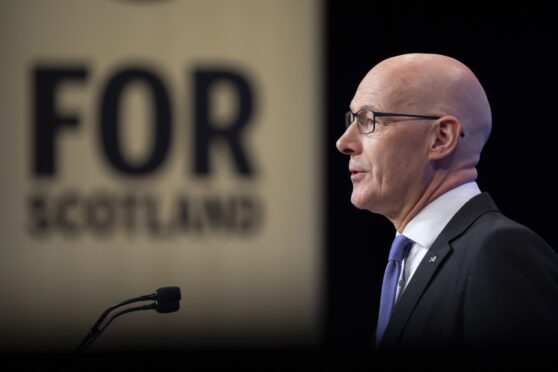
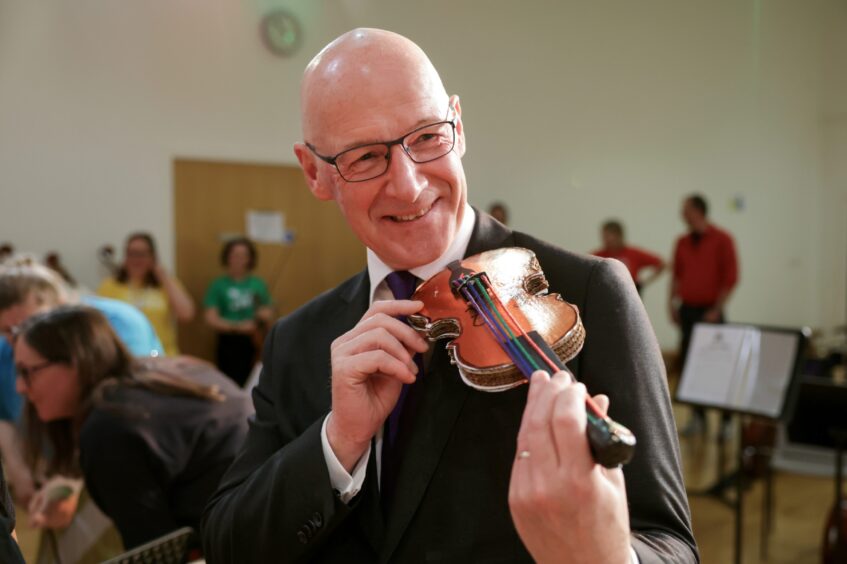

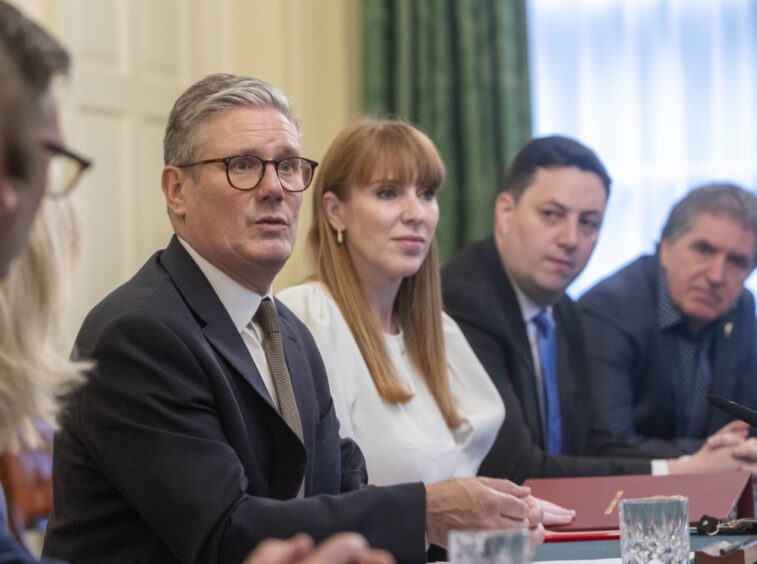

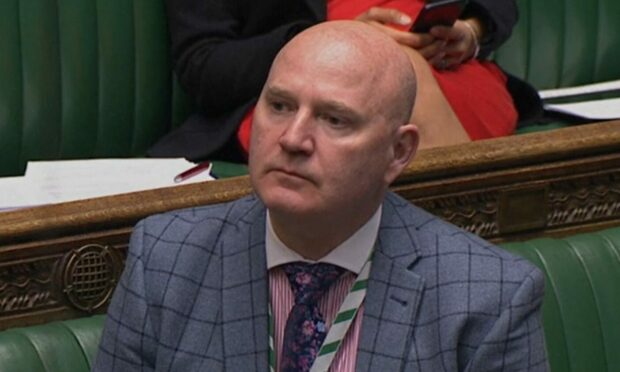



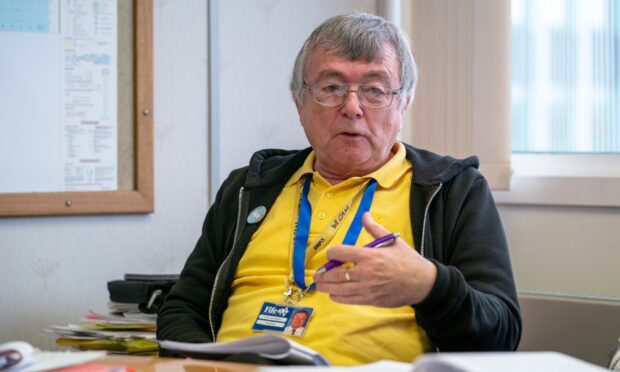




Conversation